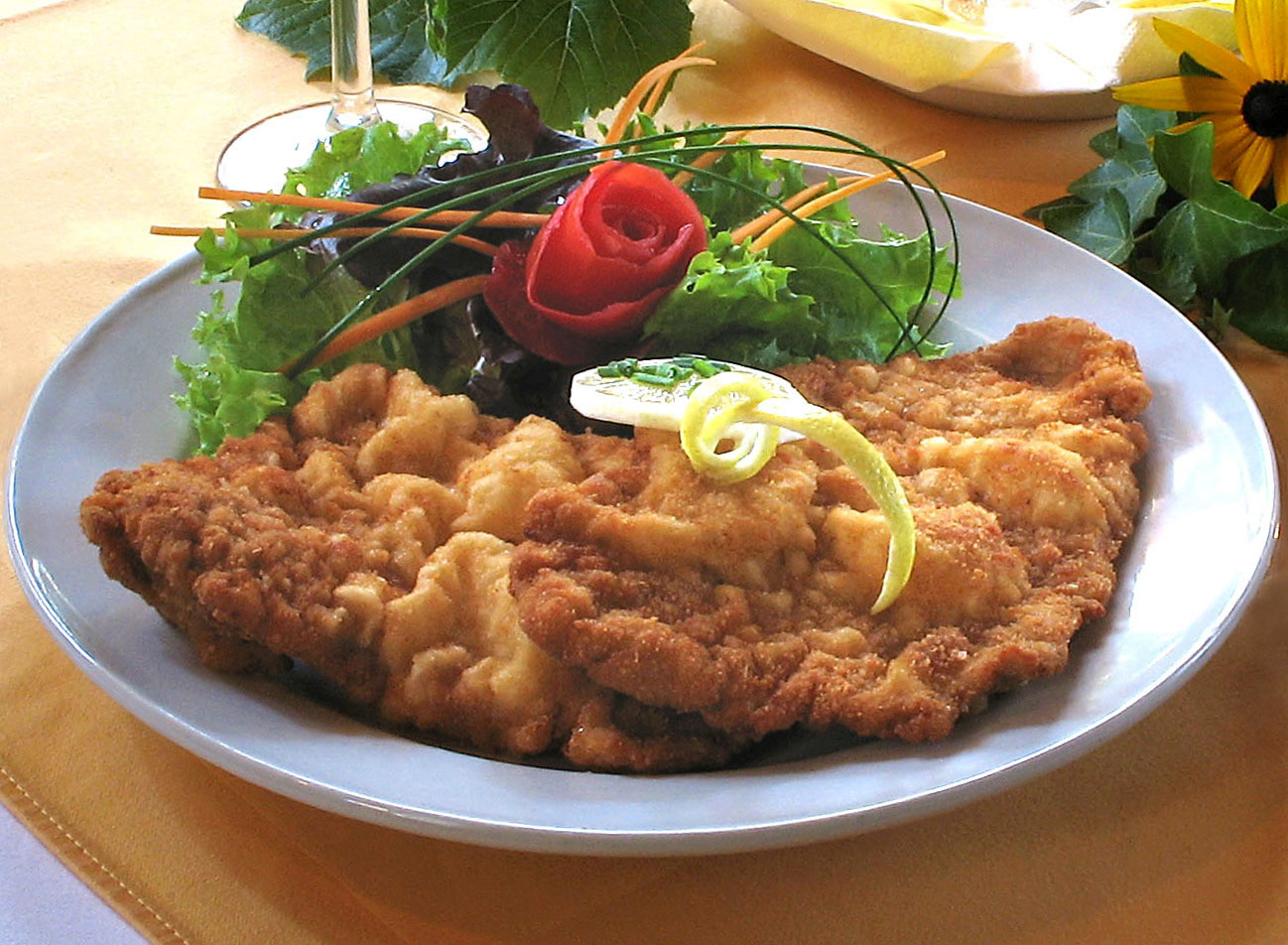|
Black Soup
Black soup was a regional cuisine of ancient Sparta, made with boiled pork meat and blood, using only salt and vinegar to flavour. The soup was well known during antiquity in the Greek world, but no original recipe of the dish survives today.Maciej Kokoszko, "''Mélas Zomós'' (μέλας ζωμός), or on a Certain Spartan Dish. A Source Study," in ''Studies on Ancient Sparta,'' eds. Ryszard Kulesza and Nicholas Sekunda, Akanthina, no. 14, ed. Nicholas Sekunda (Gdańsk: Gdańsk University Press, 2020), 9-28. . OCLC 1225234705. The earliest recorded mention of the soup can be dated to the fifth century BC, in a comedy titled ''The Miners'', written by Pherecrates. The ancient sources provide contradictory accounts on whether the soup was a luxurious meal served only at banquets or a dish that could be afforded by all Spartiates. Throughout history, black soup has been praised by and associated with figures such as Benjamin Rush and Adolf Hitler.Carl J. Richard, ''Greeks and R ... [...More Info...] [...Related Items...] OR: [Wikipedia] [Google] [Baidu] |
Cuisine
A cuisine is a style of cooking characterized by distinctive ingredients, techniques and dishes, and usually associated with a specific culture or geographic region. Regional food preparation techniques, customs, and ingredients combine to enable dishes unique to a region. A cuisine is partly determined by ingredients that are available locally or through trade. Regional ingredients are developed and commonly contribute to a regional or national cuisine, such as Japanese rice in Japanese cuisine or New Mexico chile in New Mexican cuisine. Likewise, national dishes have variations, such as gyros in Greek cuisine and hamburger in American cuisine. Religious food laws can also exercise an influence on cuisine, such as Hinduism in Indian cuisine, Sikhism in Punjabi cuisine, Buddhism in East Asian cuisine, Christianity in European cuisine, Islam in Middle Eastern cuisine, and Judaism in Jewish and Israeli cuisine. Etymology Cuisine is borrowed from the French meaning cooking ... [...More Info...] [...Related Items...] OR: [Wikipedia] [Google] [Baidu] |
Life Of Lycurgus
Plutarch's ''Lives of the Noble Greeks and Romans'', commonly called ''Parallel Lives'' or ''Plutarch's Lives'', is a series of 48 biographies of famous men, arranged in pairs to illuminate their common moral virtues or failings, probably written at the beginning of the second century AD. The surviving ''Parallel Lives'' (Greek: Βίοι Παράλληλοι, ''Bíoi Parállēloi'') comprises 23 pairs of biographies, each pair consisting of one Greek and one Roman of similar destiny, such as Alexander the Great and Julius Caesar, or Demosthenes and Cicero. It is a work of considerable importance, not only as a source of information about the individuals described, but also about the times in which they lived. Motivation ''Parallel Lives'' was Plutarch's second set of biographical works, following the Lives of the Roman Emperors from Augustus to Vitellius. Of these, only the Lives of Galba and Otho survive. As he explains in the first paragraph of his ''Life of Alexander'', Plu ... [...More Info...] [...Related Items...] OR: [Wikipedia] [Google] [Baidu] |
Underworld
The underworld, also known as the netherworld or hell, is the supernatural world of the dead in various religious traditions and myths, located below the world of the living. Chthonic is the technical adjective for things of the underworld. The concept of an underworld is found in almost every civilization and "may be as old as humanity itself". Common features of underworld myths are accounts of living people making journeys to the underworld, often for some heroic purpose. Other myths reinforce traditions that entrance of souls to the underworld requires a proper observation of ceremony, such as the ancient Greek story of the recently dead Patroclus haunting Achilles until his body could be properly buried for this purpose. Persons having social status were dressed and equipped in order to better navigate the underworld. A number of mythologies incorporate the concept of the soul of the deceased making its own journey to the underworld, with the dead needing to be taken a ... [...More Info...] [...Related Items...] OR: [Wikipedia] [Google] [Baidu] |
Nicostratus (comic Poet)
Nicostratus (Νικόστρατος) was a Greek playwright of the Middle Comedy. He was said to be the youngest son of Aristophanes. Photius I of Constantinople, Photius claims that Nicostratus leaped from the Leucadian Rock due to an unrequited love for a woman named Tettigidaea ( grc, Τεττιγιδαία) from Myrrinous and was "cured" of his love.Photius, Cod, 190, p. 153, ed. Bekk. Surviving titles and fragments The following twenty three titles, along with associated fragments, are all that survive of Nicostratus' work: * ''Favorite Slave'' * ''Female Love-Rival'' * ''Antyllus'' * ''Man Being Driven Away'' * ''Kings'' * ''The Accuser'' * ''Hecate'' * ''Hesiod'' * ''The Hierophant'' * ''The Bed'' * ''Laconians'' * ''The Cook'' * ''Oenopion'' * ''The Bird-Catcher'' * ''Pandarus'' * ''Pandrosus'' * ''Woman Swimming Alongside'' * ''Citizens'' * ''Wealth'' * ''The Syrian'' * ''The Moneylender'' * ''The Falsely-Branded'' * ''The Bustard-Bird'' References {{authority con ... [...More Info...] [...Related Items...] OR: [Wikipedia] [Google] [Baidu] |



